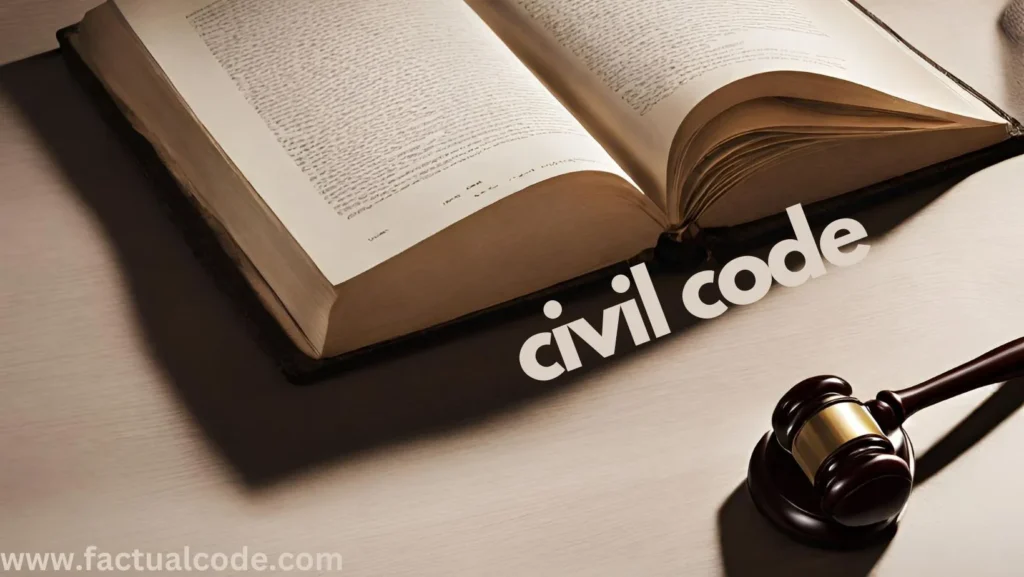Introduction
Territorial jurisdiction refers to the authority of a court to hear and decide cases based on the geographical location of the parties or the cause of action. The Civil Procedure Code (CPC), 1908, lays down specific provisions under Sections 16–20 to determine the appropriate jurisdiction for civil suits. These provisions ensure convenience for the parties while promoting efficient adjudication.
Key Provisions under CPC
1. Section 16: Suits Relating to Immovable Property
- Suits concerning immovable property must be filed in the court within whose jurisdiction the property is situated.
- Types of suits include:
- Recovery of immovable property (with or without rent or profits).
- Partition of immovable property.
- Foreclosure, sale, or redemption of mortgages or charges on immovable property.
- Determination of rights or interests in immovable property.
- Compensation for wrongs to immovable property.
Proviso to Section 16:
- If the property is held by the defendant, the suit can also be filed where the defendant:
- Resides,
- Works, or
- Conducts business, provided that the relief can be fully enforced through their personal obedience.
2. Section 17: Property in Multiple Jurisdictions
- When immovable property is situated within the jurisdiction of multiple courts, the suit can be filed in any court where a portion of the property is located.
- The court must have pecuniary jurisdiction over the entire subject matter of the suit.
3. Section 18: Jurisdiction in Cases of Uncertainty
- When it is unclear which court has jurisdiction over immovable property:
- The plaintiff may file the suit in any court with reasonable grounds to claim jurisdiction.
- The chosen court must record the uncertainty and proceed.
Objections by Higher Courts:
- Jurisdictional objections will only be entertained if there was no reasonable ground for uncertainty and failure of justice has occurred.
4. Section 19: Suits for Movable Property or Personal Injury
- Suits for compensation related to wrongs to movable property or personal injury can be filed in a court where:
- The wrong occurred, or
- The defendant resides, works, or conducts business.
5. Section 20: Residual Provision
- For suits not covered under Sections 16-19, jurisdiction is determined by:
- The defendant’s residence, place of work, or business, or
- The location where the cause of action arises wholly or partly.
Explanation for Corporations:
- A corporation is considered to carry on business:
- At its principal office, or
- At a subordinate office where the cause of action arises.
Key Principles under CPC
- Cause of Action:
- Jurisdiction is significantly influenced by where the cause of action arises.
- Waiver of Objections to Jurisdiction (Section 21):
- Objections to territorial jurisdiction must be raised in the trial court at the earliest opportunity.
- If not raised promptly, the objection is deemed waived.
- Appellate courts will only allow objections if failure of justice is proven.
- Exclusive Jurisdiction Clauses:
- Parties to a contract can choose a specific forum for dispute resolution, provided that the chosen forum has inherent jurisdiction under the CPC.
Conclusion
Territorial jurisdiction under CPC, 1908, ensures that civil disputes are tried in appropriate forums, balancing convenience and efficiency. Sections 16-20 comprehensively address various scenarios to avoid jurisdictional conflicts, providing clarity to litigants. Proper analysis of these provisions before filing a suit is crucial to prevent delays or dismissal due to jurisdictional challenges.

